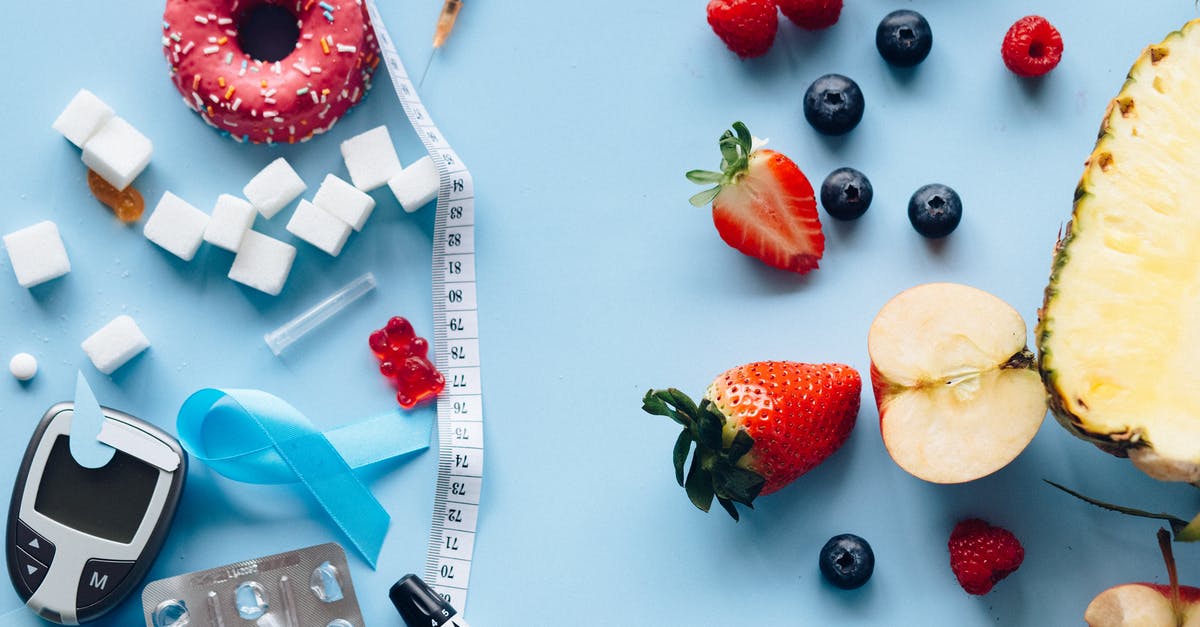Does dissolved sugar really help to extract fruit flavours?

A few times now I've come across online advice that, when steeping/infusing fruits in liquid to extract their flavours, it helps to add sugar to the solution. As an example this sloe gin Wikipedia page states "sufficient sugar is required while the drupes steep to ensure full extraction of flavour". Some commentators mention that this is obvious, because if you add sugar to strawberries they macerate and become syrupy. Well it seems to me a very big assumption that if sugar crystals draw in liquids/flavours from a high moisture-content source then a largely already liquid sugar solution must do the same thing. Can anyone clarify?
Edit: This SA answer to a related but I think distinct question would seem to suggest that adding sugar to the solution should in fact slow absorption down as it would reduce the difference between sugar concentrations in the solution and fruit..
Best Answer
In sum: YES, sugar DOES really help to extract fruit flavors.
The answer quoted in the edit does NOT imply that "absorption is slowed down" in general. It merely states that in a sugar solution, sugar will generally not move out of fruit; it doesn't say anything about what else happens.
Osmosis is simply a process by which the stuff on both sides of a barrier tries to come to equilibrium. Increasing sugar content in a solution will only decrease the amount of sugar that comes out of the fruit, but it will often simultaneously increase the water that diffuses out (along with many things dissolved in that water, like fruit flavors).
In other words, in a plain water solution, sugar will diffuse out of fruit to raise the water's sugar concentration. However, in most cases when a sugar solution is used, it is deliberately higher in concentration than the sugar content within the fruit cells (as in the strawberry example mentioned in the question, where there is basically no water at first outside the fruit, so water is forced out to bring the system into better equilibrium).
Sugar is very hydrophilic, which basically means it attracts water. If the sugar solution has a higher sugar content than the moisture within the fruit cells (as is true in most recipes using this technique), water will diffuse out of the fruit. Anything that is water-soluble, such as various flavor components, will come along with it to some extent. Meanwhile, sugar will also be forced into the fruit, changing its texture -- when done in excess over a period of time, such a process can actually preserve the fruit by lowering the water content substantially (driving it out into the solution) while raising the internal sugar content of the fruit, resulting in candied fruit.
You may note that candied fruit generally lacks many of the flavors of fresh fruit. This is because many flavor components were extracted along with the water by the sugar solution.
Regarding questions that were raised in comments, the same process occurs with alcohol in a solution. There's almost no alcohol inside the fruit, so alcohol's presence outside the fruit will force water out of the fruit, carrying flavors along with it. Alcohol also tends to dissolve certain flavor components that water doesn't dissolve as well, so it will gather different sets of flavors than water alone. Note also that different flavor components will come out of the interaction of this osmosis process with the cell membrane compared to, say, simply crushing the fruit, again partly because some flavor molecules are more soluble in alcohol.
Pictures about "Does dissolved sugar really help to extract fruit flavours?"



Does sugar bring out the flavor of fruit?
When it's sprinkled on fruit, sugar draws out moisture, creating its own juicy medium for maceration. Liquids for maceration are sometimes heated to hasten the process or to infuse flavors prior to maceration (see below) but maceration does not require the application of heat.How can we extract fruit flavor?
The process is simple: combine fresh fruit or herbs and alcohol in a jar and let it sit for a while. The longer the extract sits, the stronger the flavour. When the extract is at the strength you like, strain it through cheesecloth and discard the fruit, herb, or nut bits.How do you extract the flavor from dried fruit?
Generally you can amplify the flavor of fruit by adding both sugar and acid (i.e. lemon juice) to it. If you want to end up with a liquid or jelly consistency you can simply mash the fruit, maybe run it through a sieve to remove seeds, and add both sugar and lemon juice.How do you extract fruit?
Extraction methodsDifference Between A Flavor Concentrate \u0026 A Flavor Extract - The Flavor Guy
More answers regarding does dissolved sugar really help to extract fruit flavours?
Answer 2
MY OBSERVATIONS SO FAR: I once left sloes with intact skins (not pricked) in water overnight to clean them. Nearly all the bigger ones split their skins so I disposed of them in case they made the gin cloudy. After adding gin (37.5% ABV) to just cover the remaining small hard sloes, the colour is a beautiful clear red after 2 weeks. The sloes are still intact and I usually leave it longer for a darker colour - no shaking. I add the sugar at the very end, after removing the sloes and diluting the sloe gin with more gin to give me the colour I want. I use 125gm/700ml bottle (approx 18% sugar by weight). The result of this method is a sloe gin of superb colour and flavour, and a slightly reduced ABV of 34% due to the added sugar.
CONCLUSIONS: (1) Sugar is not needed at the start to get a good flavour. (2) Sloes in plain water appear to absorb the water by osmosis through intact skins. (3) Pricking and shaking the sloes is unecessary, and could lead to sediment making the sloe gin cloudy - if the skins of riper sloes split. (4) The skin of the sloes seems far more important than the flesh in making sloe gin. Is extracting juice from the flesh really necessary?
Sources: Stack Exchange - This article follows the attribution requirements of Stack Exchange and is licensed under CC BY-SA 3.0.
Images: Nataliya Vaitkevich, Nataliya Vaitkevich, Nataliya Vaitkevich, Nataliya Vaitkevich
